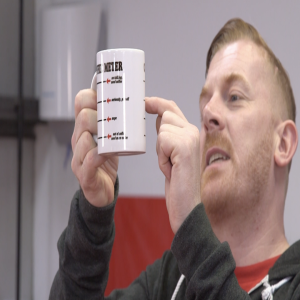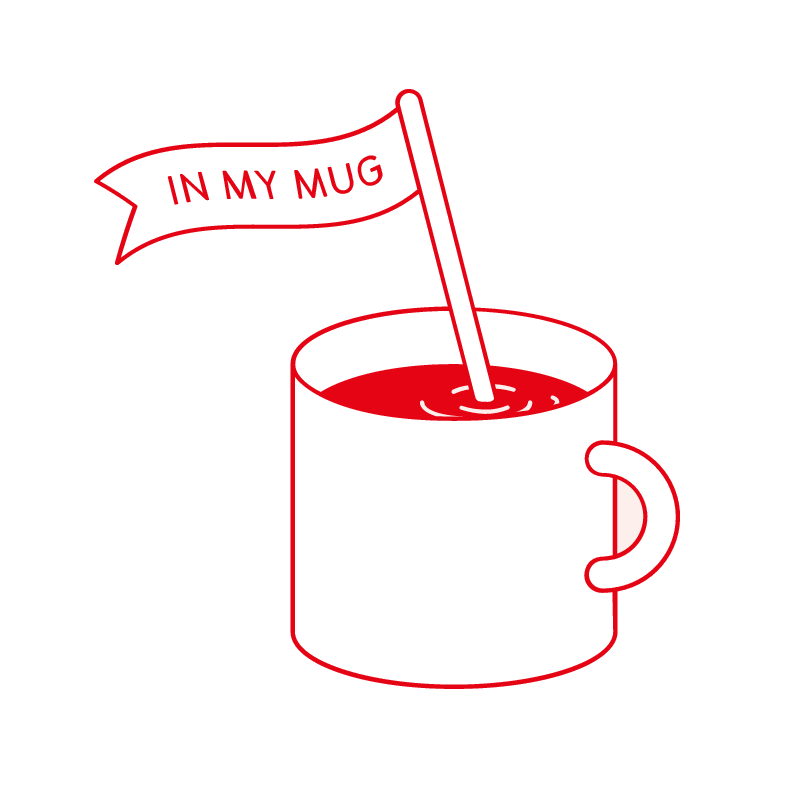Episodes

Saturday May 11, 2019
Episode 548: Peru Hermes Sandoval El Laurel Washed Organic
Saturday May 11, 2019
Saturday May 11, 2019
Though coffee arrived in Peru relatively early - in the middle of the 1700s - it wasn’t cultivated for commercial export until nearly the 20th century, with increased demand from Europe and the significant decrease in coffee production in Indonesia. British presence and influence in the country, in particular, helped increase and drive exports: In the early 1900s, the British government took ownership of roughly 2 million hectares of land from the Peruvian government as payment on a defaulted loan, and much of that land became British-owned coffee plantations.
As in many Central and South American countries, as the large European-owned landholdings were sold or redistributed throughout the 20th century, the farms became smaller and more fragmented, offering independence to farmers but also limiting their access to resources and a larger commercial market. Unlike many other countries whose coffee economy is dominated by smallholders, however, Peru lacks the organization or infrastructure to provide economic or technical support to farmers—a hole that outside organizations and certifications have sought to fill. Around 30 percent of the country’s smallholders are members of democratic co-ops, which has increased the visibility of coffees from the area, but has done little to bring incredibly high-quality lots like this into the spotlight. The country has a remarkable number of certified-organic producers and this coffee from Hermes is the first we are stocking with our shiny new organic certification! It's something we've been really keen to do for a long time and, long story short, we've gone and done it. You can look forward to seeing more certified organic coffees over the coming months, you're welcome!
As of the 2010s, Peru is one of the top producers of Arabica coffee, often ranked fifth in world production and export of Arabica. The remoteness of the coffee farms and the incredibly small size of the average farm has prevented much of the single-farm differentiation that has allowed for microlot development and marketing in other growing regions, but as with everything else in specialty coffee, this is changing quickly as well. The country’s lush highlands and good heirloom varieties offer the potential for growers to beat the obstacles of limited infrastructure and market access, and as production increases, we are more likely to see those types of advancements.
Hermes Sandoval Huaman has a 6.5-hectare farm where he grows 3.5 hectares of coffee, a mix of Caturra and Pache. After being picked ripe, the coffee is depulped the same or the following day, then fermented dry for 22 hours. After the fermentation is done, the coffee is washed three times in fresh water to remove the mucilage, and dried on beds and patios for an average of 15–20 days.
In the cup I want you to think of a juicy poached pear - there's even a tiny shoulder of red wine in there. Then in swings cacao nibs on the finish and a hint of cinnamon on the aftertaste.
- Country: Peru
- Region: Cajamarca
- Province: San Ignacio
- District: Chirinos
- Nearest Town: La Palma
- Farm: El Canal - El Laurel
- Farm size: 6.5 hectares
- Coffee growing area: 3.5 hectares
- Farmer: Hermes Sandoval Huaman
- Altitude: 1,890 m.a.s.l.
- Varietals: Caturra & Pache
- Processing method: Washed
- Fermentation method: Dry, 22 hours
- Drying method: Beds and patios, 15-20 days
- Certifications: Organic
CUPPING NOTES
Poached pear, red wine, cacao nibs, cinnamon.
Clean Cup: (1-8): 6
Sweetness: (1-8): 6
Acidity: (1-8): 6
Mouthfeel: (1-8): 6
Flavour: (1-8): 7
Aftertaste: (1-8): 7
Balance: (1-8): 7
Overall: (1-8): 6
Correction: (+36): +36
Total: (max 100): 87
Roast Information
Medium dark - nice and slow in the gap between cracks and then drop just at the start of second.

